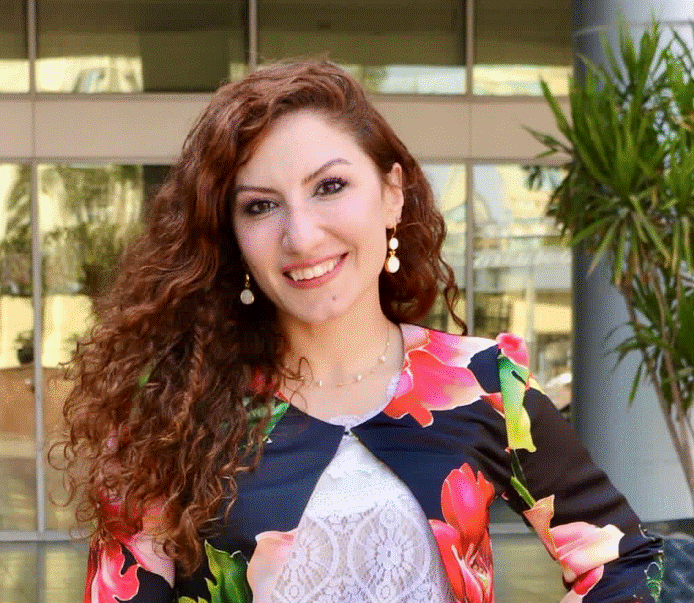Abstract
The 29th United Nations Climate Change Conference of the Parties (COP29) in Baku advanced agreements on major global climate policy issues—most notably the global stocktake and climate finance— which were considered unsatisfactory by many. National political and geopolitical dynamics in 2025, including the US presidential elections and ongoing conflict in Ukraine and the Middle East, further changed the global climate policy landscape. Finding effective and just approaches that advance strong climate action toward meeting the 1.5°C target will be no easy feat for the Parties in upcoming climate meetings in Bonn and COP30 in Brazil. This seminar examines the current state of international climate policy and offers reflections on what lies ahead, both challenges and solutions. Is the newly committed climate finance sufficient? How are the dynamics of the global north and global south affecting climate negotiations and their outcomes? In light of global dynamics and the US’ withdrawal from the Paris Agreement, can future meetings, especially COP30, meaningfully advance unresolved agenda items from the previous COPs, including transitioning away from fossil fuels? And what future policy actions are needed for countries to move beyond limitations of the international climate regime in a just manner, especially for developing countries?
About the speaker
Dr. Manal Shehabi is an applied development economist with recognized expertise in the economics-energy-climate nexus and pro-sustainability policies in resource developing economies, focusing on the Middle East and North Africa. She is a Senior Research Fellow at Oxford’s Institute for New Economic Thinking at the Oxford Martin School, Seminar Leader for Economics at Oxford’s Blavatnik School of Government, and member of SEESOX’s Eastern Mediterranean Programme, St Antony’s College. She is Member of the Institute for Energy, Climate, and Disaster Solutions at the Australian National University; and Research Fellow (elected) of the Economic Research Forum. She is a consultant to the International Energy Agency and an expert of the UNFCCC on just energy transitions, response measures to climate change, and economic diversification.
Her interdisciplinary research has three main strands: economic and energy policy and political economy in MENA petrostates; just energy transitions and impacts of climate policies on developing countries and people in vulnerable situations (such as women and youth); and decarbonization technologies like hydrogen. Her work made important contributions to the understanding and modeling of energy subsidies, fiscal space, expatriate labor, diversification, energy and economic policy alternatives in MENA petrostates.
Her research impacted global debates on energy, water, climate, and economic policy. For example, she addressed by invitation the 1st High-Level Ministerial Roundtable on Just Transition at COP28 to help ministers and delegates with the Just Transition Work Programme (JTWP) (operationalized at COP28), and her recommendations featured in the JTWP text. She addressed by invitation the 1st JTWP Dialogue at the SB60 2024 Bonn Climate Conference along with the Chair of the IPCC. Her economic model was used by Kuwait’s Public Policy Center for policymaking. She was a reviewer of Kuwait’s White Paper for Hydrogen Strategy and advised on hydrogen and green industrial policy in Europe.
She was lead author of various policy briefs/reports (T7 (G7), T20 (G20), UNFCCC, UNICEF). She co-authored, among others, the IPCC Special Report on the Ocean, Kuwait Energy Outlook 2020, a UNFCCC report on modeling impacts of response measures in developing countries (presented at COP26), and a roadmap on cement decarbonization in Saudi Arabia. She advised PWYP and the Open Society Foundation on MENA just energy transition. She is an Advisory Board Member for the EFI-KAPSARC energy transitions research project and the Natural Resources Governance Institute MENA platform.
She regularly advises policy makers, firms, and international institutions. She appears in media in different languages (e.g., TIME Magazine, Foreign Policy, CNN, Reuters, Bloomberg, BBC, France24, Al-Arabiya, NYT).
A recipient of a teaching award by student nomination, Manal taught graduate and undergraduate courses in economics, public policy, energy, and climate sustainability at the University of Western Australia, Oxford, and others. She has conducted capacity building for policymakers in the Middle East, Eastern Mediterranean, East Africa, Asia, and Latin America and the Caribbean.
Having lived in four continents, she gained professional experiences in public policy and industry working on projects spanning six continents. Prior to returning to academia, she launched and successfully ran a business public policy project in the US, working with the largest political action committee; was an economist/manager at a Big Four consulting firm advising mostly energy and mining firms (including Fortune 500); and was the transfer pricing expert for an Australian energy and mining services multinational. Previously, she was academic visitor (in Kuwait, Germany, and the UK); an Associate Faculty Member of the Faculty of Asian and Middle Eastern Studies at Oxford; and a Senior Research Fellow & the OIES-KFAS Research Fellow at the Oxford Institute for Energy Studies.
Manal earned a PhD in economics, Master of International Relations in Economics, and BA (Honors) in Economics and International Relations. She received numerous honors and awards, including the Nelson Madela Leadership Prize in the field of Education (awarded by the NRI Welfare Society), and was the Queen Noor-Ursinus College Scholar, George H.W. Bush Fellow, and recipient of the prestigious International Postgraduate Research Scholarship from the Australian Government. A polyglot, she speaks English, Arabic, French, Spanish, intermediate Mandarin Chinese, and basic Italian and Hebrew.
